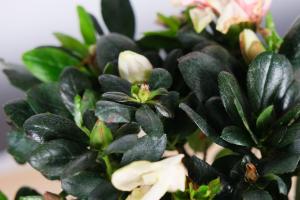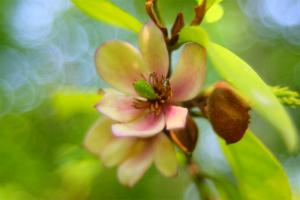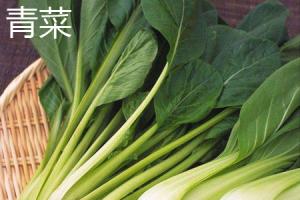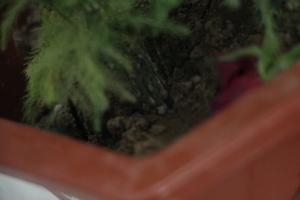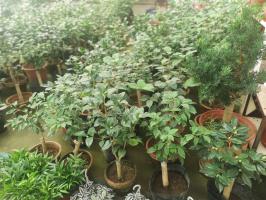Are Boiled Egg Shells Good for Plants?
Eggshells are a common kitchen waste that most of us throw away without realizing their potential use in our gardens. Boiling egg shells before using them as a fertilizer for plants has been a long-standing tradition passed on from generations. But, are boiled egg shells good for plants? In this article, we will explore the benefits and drawbacks of using boiled eggshells as a plant fertilizer.
The Benefits of Boiled Egg Shells for Plants
The primary benefit of using boiled egg shells as a fertilizer for plants is the calcium content they possess. Plants require calcium for healthy growth and development, particularly for strong cell walls. Eggshells are rich in calcium carbonate, which helps improve soil quality and nutrient uptake in plants. Additionally, eggshells are an excellent source of potassium, magnesium, and phosphorus, which are essential plant nutrients.
Another benefit of using boiled eggshells as a plant fertilizer is that they help to deter pests such as slugs and snails from eating the plants. Eggshells have sharp edges that make it difficult for the soft bodies of these pests to move across, thus deterring them from coming near your plants.
The Drawbacks of Using Boiled Egg Shells for Plants
While using boiled egg shells as a plant fertilizer has benefits, there are also some downsides to consider. Firstly, boiling eggshells may eliminate the beneficial bacteria that are needed for proper soil composition. These bacteria are responsible for breaking down organic matter and releasing nutrients needed by plants. The process of boiling eggshells may cause the calcium content to leach out, leaving less available for the plants.
Secondly, boiled eggshells take a long time to decompose, which means they will not provide immediate nutrient uptake for your plants. Therefore, it is best to crush the eggshells into small pieces or powder before using them as a fertilizer. This will help speed up the decomposition process, allowing the nutrients to be released gradually over time.
How to Use Boiled Egg Shells as Plant Fertilizer
Using boiled egg shells as a plant fertilizer is a simple process. First, collect the eggshells from your kitchen and wash them thoroughly with water. Once they are clean, boil the eggshells to kill any bacteria present, then let them cool. After cooling, crush the shells into small pieces or powder, then sprinkle them over the soil or mix them into the soil. It's important to note that it's best to use the crushed eggshells on the surface of the soil, as they can cause damage to plants' roots if they come into direct contact with them.
Conclusion
In conclusion, boiled eggshells are an excellent source of calcium and other plant nutrients that can improve soil quality and enhance your plant's growth and development. Although they take time to decompose, the long-term benefits they provide to your garden are worth the wait. However, it's important to take note of the potential drawbacks while using boiled eggshells as a fertilizer and ensure that you use them correctly to maximize their benefits.

 how many times do yo...
how many times do yo... how many planted tre...
how many planted tre... how many pine trees ...
how many pine trees ... how many pecan trees...
how many pecan trees... how many plants comp...
how many plants comp... how many plants can ...
how many plants can ... how many plants and ...
how many plants and ... how many pepper plan...
how many pepper plan...